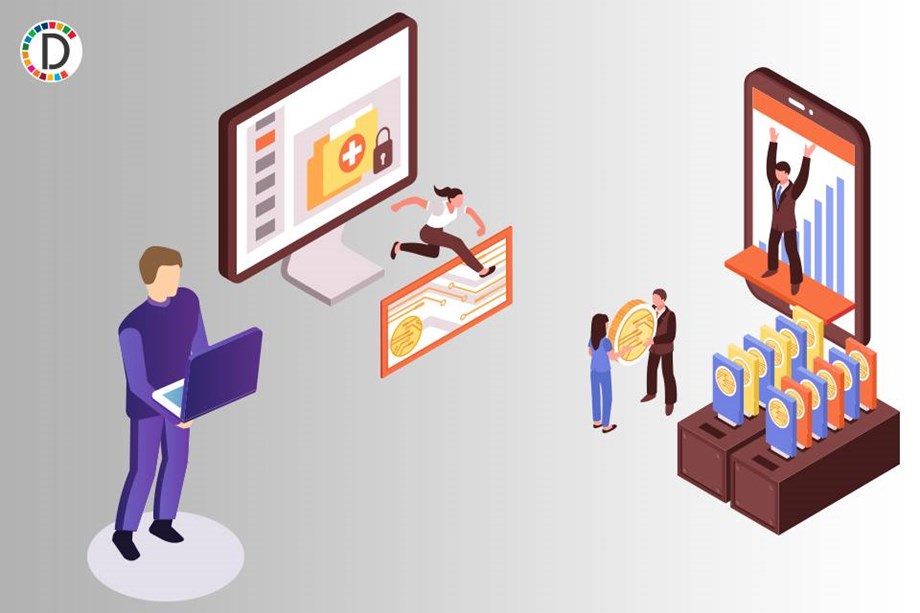Softcell partners with Salt Security, the leader in API security solutions
Softcell Technologies Global Private Limited, a leading System Integrator in India, has established a strategic partnership with Salt Security to offer API security solutions to its enterprise customers.
As the digital landscape continues to expand, the importance of safeguarding Application Programmable Interfaces (APIs) has become paramount. According to a recent white paper published by the Indian Computer Emergency Response Team (CERT-In) along with Mastercard and Computer Security Incident Response Team – Financial Sector (CSIRT-Fin), there has been a 62% increase in the number of API attacks on the Indian financial sector as on June 2023, compared to June 2022. The report ‘API Security: Threats, Best Practices, Challenges, and Way forward using AI’ states that ”with this rise of digitization and API usage in the financial sector along with the availability of sensitive customer information, the financial sector is also becoming a preferred target for API attacks.” Recognizing this need to protect against API attacks, Softcell has joined forces with Salt Security, winner of the 2023 CISO Choice Awards, in the API Security category. The awards are judged by a panel of distinguished CISOs across the world.
”Softcell is proud to partner with Salt Security in delivering robust API security solutions to our clients in India,” stated Sunil Dalal, Managing Director at Softcell. ”This recognition further solidifies our joint efforts in addressing the critical need for advanced security measures within the API sphere.” ”Modern applications run on APIs. However, as they are highly complex and still relatively new, many companies do not have robust mechanisms in place to secure them,” said Nico Wagemans, VP EMEA, Salt Security. ”As they often boast access to an organization’s most sacred assets and data, attackers are increasing their exploits against APIs at an exponential rate. As the first entrant into the API security market, we have developed a solution enriched with mature algorithms and AI to provide organizations with unmatched visibility into their API ecosystem. We are honoured to receive this prestigious recognition by industry CISOs who acknowledge the breadth…




